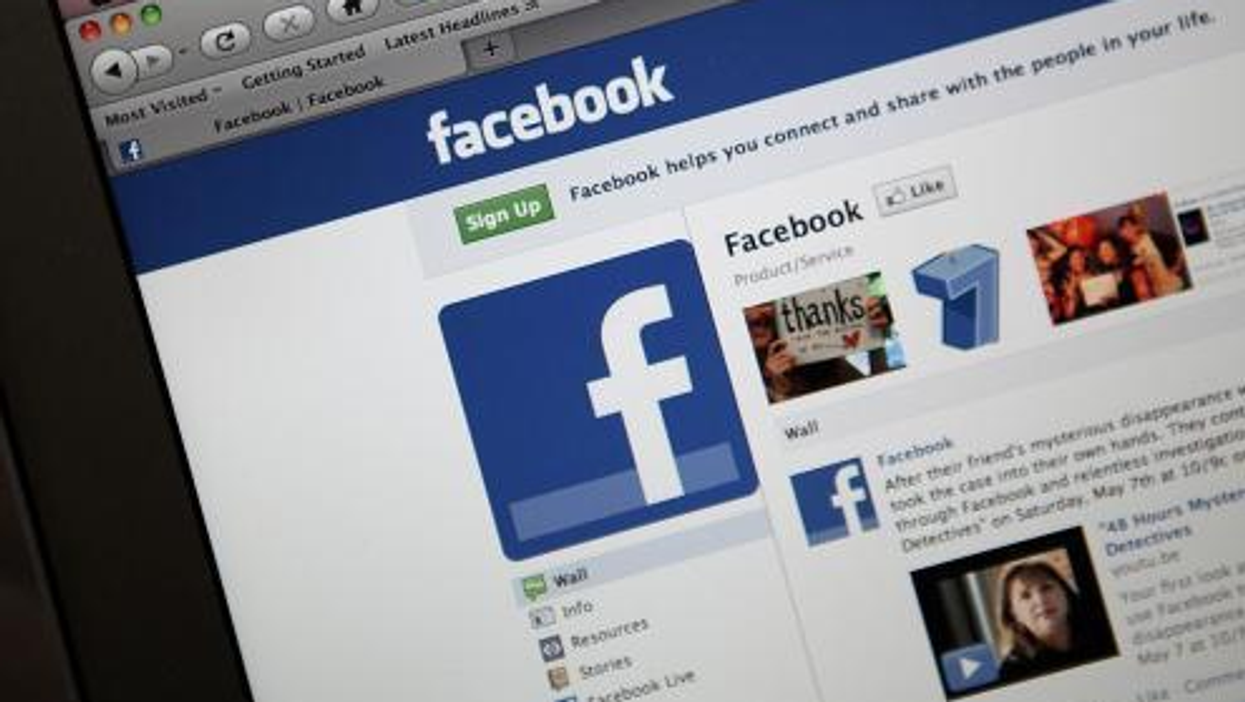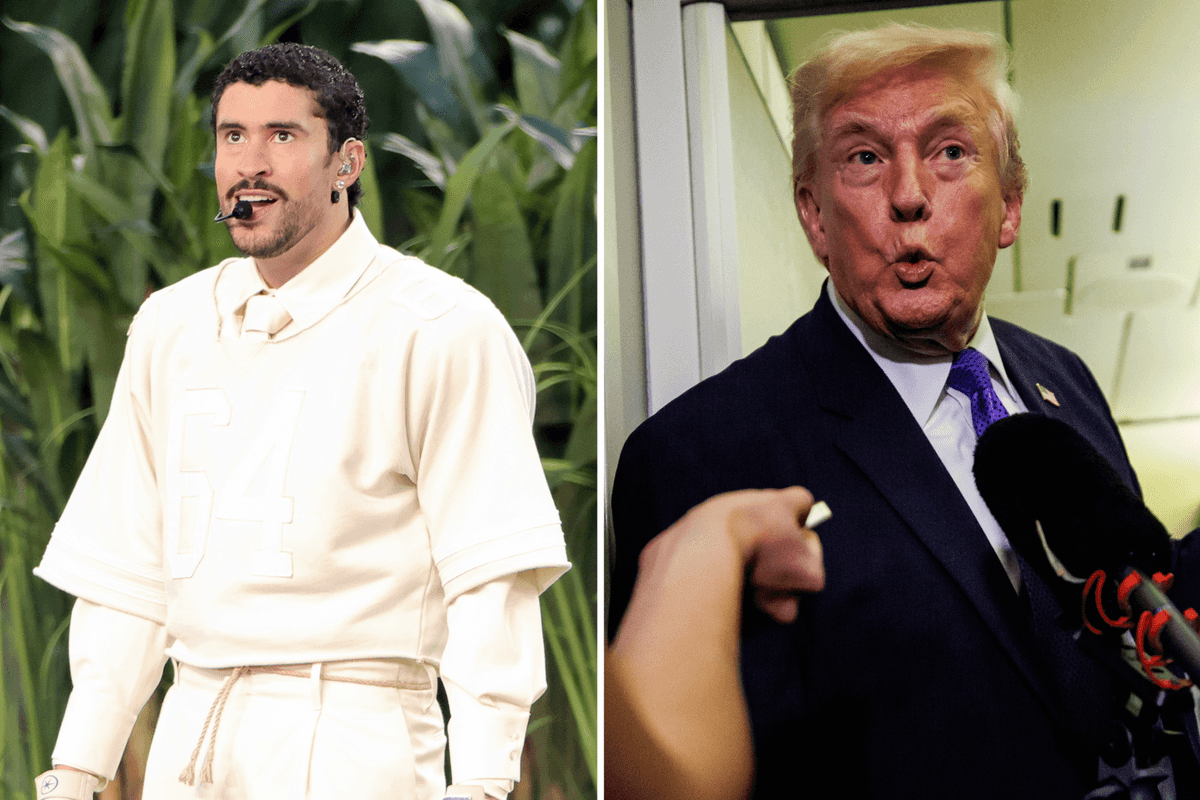Science & Tech
Jessica Brown
Dec 09, 2016

Fake news is a becoming a big problem. There are even reports that it outperformed real news on Facebook in the final three months leading up to the US election.
You might think you can spot a fake news story a mile off, but it can happen to the best of us. Here are some of the ways to figure out if a story is real or fake:
Don’t trust a story that asks you to share it before seeing it
Real websites want you to read their stories. Spam websites just want you to share them.
Use your common sense
If it sounds fake, it probably is. Yes, a lot of real news this year has been unbelievable – but when you stop and think, a story about three-breasted women just screams fake news.
Watch out for violence
Violence occurs across the world every day. But if you’re watching particularly violent footage from a real news source, chances are you were warned about it first. A fake news site, however, probably won’t warn you. And a real news channel won’t show you anything anywhere near as graphic or distressing as fake news.
Ignore stories about Facebook
All news stories you read warning you that Facebook is going to start charging you money are fake. All of them. Always.
Don’t ‘like’ stories to ‘save lives’
One particularly malicious type of fake news story begs users for likes in order to save dying children’s lives. In fact, any type of story that begs for likes should be treat with suspicion.
Check the URL
The end of the link might be a bit of a giveaway. For example, URLs ending in .com.co or .su are likely to be dodgy.
Look for official sources
Real news stories will make it clear where the news story comes from. Whether it’s a comment from an expert of politician, a press release or governmental website, the story’s origins will be clear. Fake news won’t do this.
Look around
There are a lot of news publications out there, along with many hungry journalists who ensure they don’t miss out on a story. This means the same news will be written about across many trusted sources. If you see an amazing story on Facebook that hasn’t been picked up by any reputable, recognisable sources, it’s probably fake.
Also look out for:
Lack of author attribution, bad web design, and bad writing that contains a lot of hyperbole, capital letters and exclamation marks.
More: A professor has made a list of websites she says publish 'fake' or 'misleading' news
More: Facebook has a fake news problem. These students solved it in 36 hours
Top 100
The Conversation (0)













